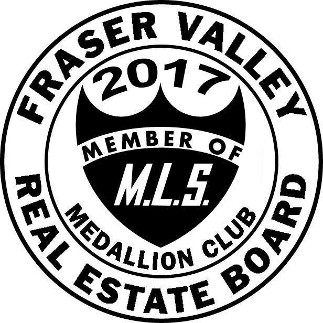As a potential buyer, you want the facts, and we want to give them to you. When is the best time to buy a house?
Before planning room colours, or picking out the perfect couch, it’s important to hit the books and do some research on home ownership. Below, we have listed two important things to consider when deciding whether now is the right time to buy.
Economics on Housing Costs: When doing your research, it’s easy to find yourself sitting in front of a blank computer screen wondering where to begin. That’s normal! The best place to start is to research housing costs in the area you are interested in, as they will vary greatly depending on location. You can contact your local RE/MAX Real Estate Office to find the most current, up to date information on your local housing market and visit remax.ca or multiple listing search sites like mls.ca.
So, you know the price of house, now what?
Understand your Financial Situation: Before you decide to buy, you need to explore the reality of your finances. This decision requires more than simply a down payment and a monthly income. You need to make sure your finances are stable before you can confidently conquer your dream of home ownership. Take some time to review your current monthly expenses, and then factor in the additional costs of purchasing a new home to see where your budget nets out. Luckily, we’ve designed a monthly home budget planner to help get you started. Home prices and interest rates will mean nothing if you aren’t prepared to not only purchase, but maintain a home.
The last step is to determine if your budget matches up with the current cost of homes in the area you are interested in. If not, it’s a good time to explore other areas, or determine what financial goals you need to hit before making the purchase decision.
This may not be the most glamorous step you will take on your road to home ownership, but it is the most important. All good homes are built on a solid foundation that will help it stand strong for years to come. Consider this step the foundation to your many years as a successful homeowner.


















